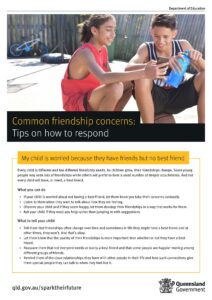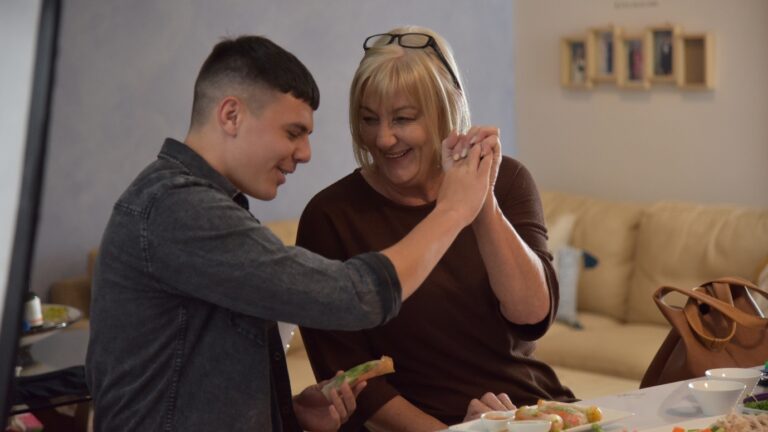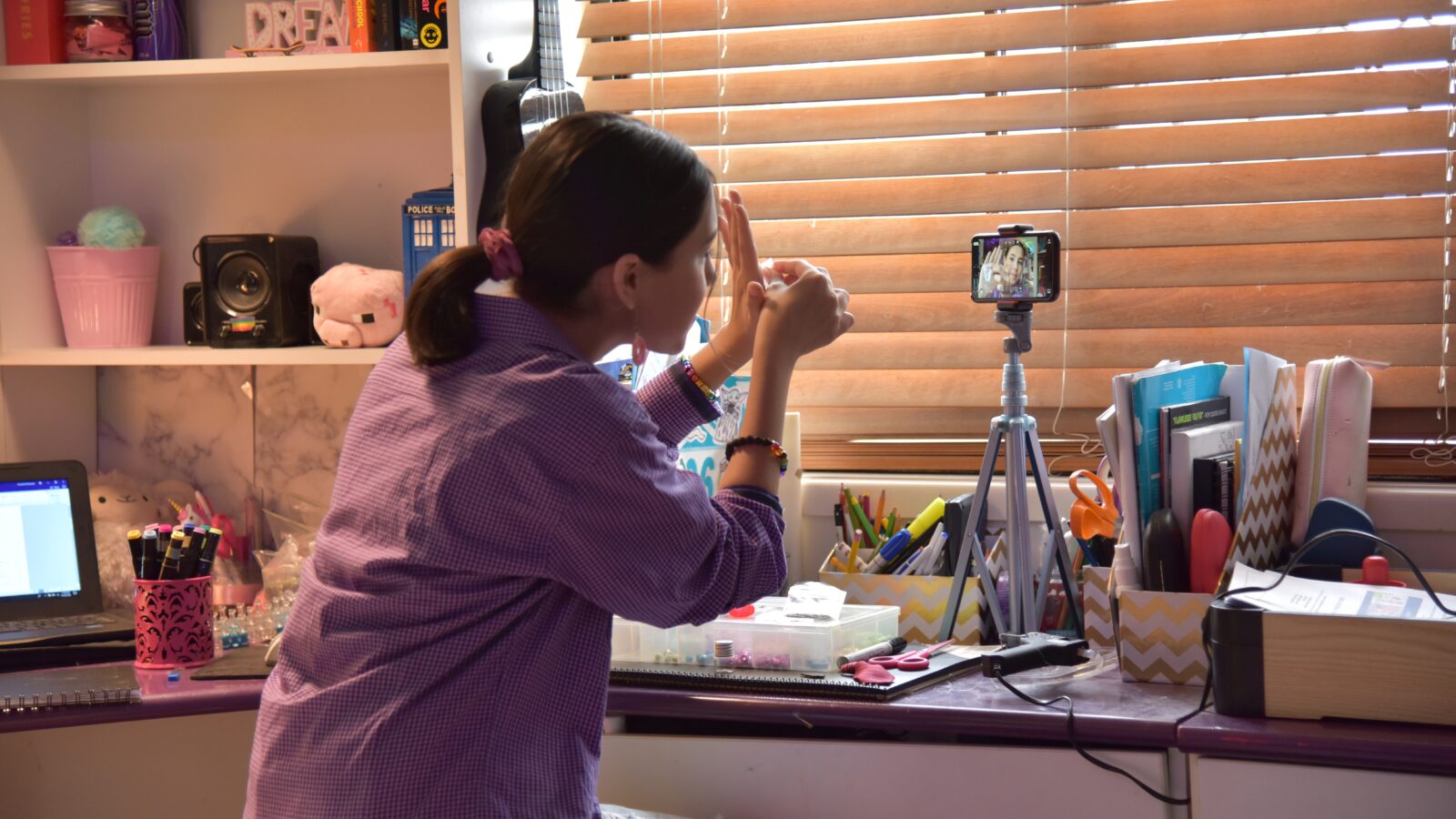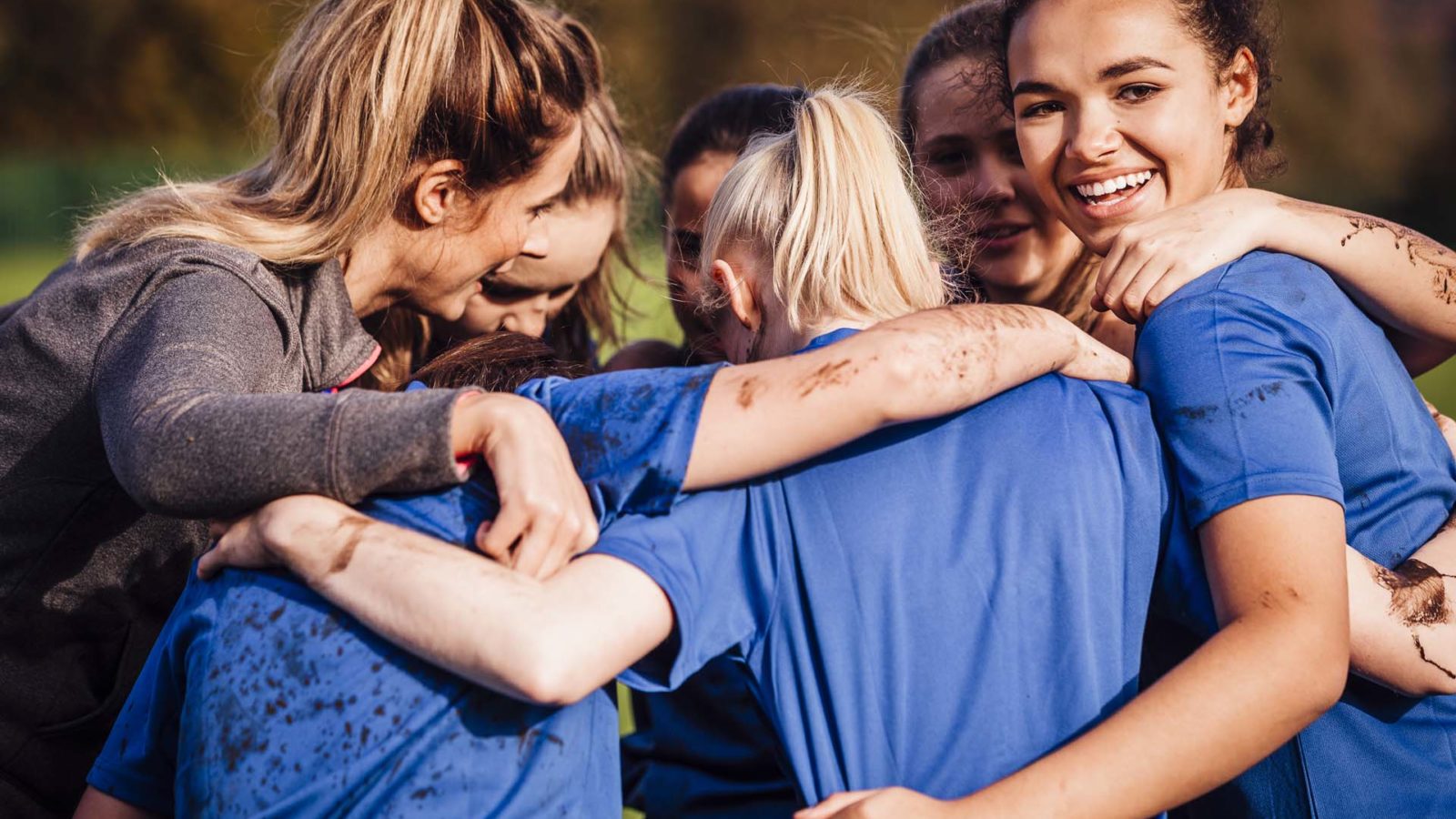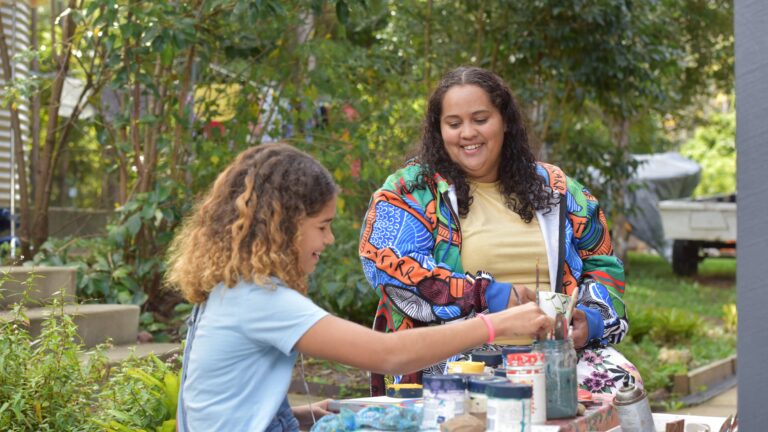Key Points
- Positive friendships can help young people feel like they belong at school and being with friends can encourage them to learn.
- Help your child to better understand other people’s feelings by talking about real-life situations and discussing how different people might feel in different situations.
- It’s normal for there to be misunderstandings among friends, and usually children sort these things out on their own.
- If your child is having trouble making and keeping friends at school, talk to the school about the social challenges your child is facing and find out what support they can offer.
- Sometimes young people can build a sense of belonging at school through connections with their teachers rather than their peers. This is ok too provided they feel safe and supported.
Being with their friends can give children a sense of belonging that helps them engage and learn at school. Research has found that positive friendships help children develop important social skills, reduce their stress1, and learn better2. While every child is different and has different friendship needs, helping your child learn how to interact with other people is an important skill that will help them succeed at school and in life.
How to help your child develop positive friendships
Teach your child how to be a good friend
It’s never too soon to start teaching your child how to be a good friend. From an early age, tell your child that good friends treat each other with kindness and respect and explain to them how to behave this way with other children. As your child gets older, help them reflect on the behaviour of other people and talk about whether or not such behaviours reflect how a good friend should behave. Let your child see you spending time with your friends and talk to them about why you like being with your friends.
Encourage friendships that are important to your child
- Look for opportunities to connect your child with other children who share their interests.
- Help your child learn games and sports so they know the rules and can join in and have fun with other kids.
- For older children, make sure they feel comfortable inviting friends to your home and give them plenty of safe space when they do. Here are a few things to consider when hosting young people at your home:
- Make direct contact with the parents of the other child so you both feel comfortable with the arrangement.
- No matter what your child’s age, be aware of who is in your home and what they are getting up to.
- Adjust the amount of supervision your child and their friends need depending on their ages and maturity.
- Be clear about your expectations with your child right from the start.
- Set some house rules and establish consequences for breaking the rules.
- If your child is older, involve them in working out rules and consequences. When they are part of the process, they are more likely to stick to the rules.
- Introduce visitors (in a fun way) to your house rules when they arrive.
- Change your house rules as your child matures, including adding ‘no alcohol or drugs’ into the mix when your child is older.
Support your child to regulate their emotions
In the teen years, you may find yourself starting to wonder if you’re back to the ‘terrible twos’ as emotions rage over seemingly small things. There are a lot of changes happening in the teenage brain. The frontal lobe, which helps us control our emotions, is still developing which is why teens can sometimes struggle to contain their emotions. Managing emotions is an important skill for making and keeping friends because it helps people control their impulses, learn to wait their turn, and express their emotions in an appropriate way. As children grow and become teenagers, you can help them practise their emotional regulation. One way to do this is by using the ‘STOPP’1 strategy. STOPP stands for:
- ‘S’: Stop and pause for a moment.
- ‘T’: Take a breath and notice as you breathe in and out.
- ‘O’: Observe what thoughts are going through your mind and what you are reacting to. Notice the sensations in your body. Ask if what you are thinking is fact or opinion? Accurate or inaccurate?
- ‘P’: Pull back and put things in perspective. Look at the bigger picture and see the situation as an outside observer. Think of new ways to look at the situation. Ask what might be a more reasonable explanation. Consider how important the issue is now and how important it will be in six months’ time.
- ‘P’: Practise what works. Think about what would be an effective and appropriate way to proceed. Ask ‘What action would align with my values?’ ‘What will be the consequences of my action?’, and ‘What is the best for me and for others, and would be most helpful for this situation?’
Also encourage your teen to participate in healthy activities that promote emotional regulation, such as exercise, eating well, getting enough sleep, taking a break when they need it, and writing in a journal. And remember, supporting your child to regulate their emotions will help them develop other essential skills they’ll need to succeed in life.
Help your child understand how other people feel
You can help your child to better understand other people’s feelings by talking about real-life situations and discussing how different people might feel in such situations. Teach your children to observe people’s facial expressions, body language and tone of voice and explain how these things can be clues to how someone else is feeling. When someone new joins your child’s school, talk to your child about how it must feel to be new and encourage them to connect with new students and make them feel welcome.
If your child finds it a little harder to understand how others feel, or pick up on their cues, there are strategies, developed by experts, to support children who struggle with these skills. You can chat to your child’s school, visit the Autism Hub, or explore the web for ideas.
Show your child how to make conversation
Learning how to have conversations is important for your child’s social development. Being able to talk and listen well to other people will help your child make friends. Your child will learn a lot about conversations by watching how you interact with other people. Teach your child some of the skills of good conversations, including how to:
- greet people
- use eye contact
- take turns to speak
- listen when the other person is speaking
- know when to stop talking.
Encouraging them to have small conversations in day-to-day life can help, including at the checkout, the library, the service station, with the neighbours when retrieving a ball any little moment that can build their confidence and help making conversation seem less scary.
Encourage your child to participate in extracurricular activities
Learning how to make and keep new friends, and developing the skills to choose good friends, takes time and practice. Doing extracurricular activities is a way for children to develop these important life skills. This doesn’t have to be sports, and it doesn’t have to be during the school term if life already feels too busy. Think outside the box and explore new things your child might enjoy. Your child might enjoy a coding camp, sessions at the local library, art classes, Scouts, lifesaving, bushwalking or birdwatching groups. Be careful to choose activities where supervising adults have been appropriately checked to work with children.
Help your child recognise an unhealthy friendship
Not all friendships are good for us. Instead of making a child feel supported and valued, unhealthy friendships can lead a child to feel negative about themselves. You can help your child recognise what an unhealthy or toxic friendship looks like by talking about how good friends behave in a kind, respectful and inclusive way. Also encourage your child to develop a range of friends at school, and outside school including at sporting clubs, music groups, family and neighbours. That way, if something is going wrong with a friendship, your child will have other friends to turn to. It’s important to remember all kids are developing their social skills at this age so try not to blame or be angry at another child or family or even your own child if they’re demonstrating unhealthy friendship behaviours. Treat these situations as learning experiences and if your child is really unhappy, suggest your child take a break from the friendship. Over time, and in the right circumstances, encourage your child to give others a second chance if they can show they’re ready to try and be a good friend.
And if your child has trouble making and keeping friends
It’s normal for there to be misunderstandings among friends and usually children can sort these things out on their own. Dealing with these situations can also help children build their problem-solving and social skills which are important life skills. Ways you can help your child deal with friendship issues at school include:
- checking-in with them daily or weekly to find out how they are dealing with situations and feeling about their friends, and also to give them a chance to talk through any tricky friendship situations they are facing.
- encouraging your child to keep trying and keep improving can help them grow their social skills, so don’t be too hard on them if they make a mistake.
- speaking to their teacher or a school guidance officer if you are concerned that you’re your child’s struggles with friendships might be disrupting their learning. Ask the school team what they have noticed and what supports they can offer to help your child.
- being aware of bullying behaviour. Bullying is more than just a fight or disliking someone. Bullying involves an ongoing or repeated misuse of power in a relationship with the intention to cause harm. If you suspect your child is being bullied or is displaying bullying behaviours at school, talk to the school so they can help you support your child.
- remembering that sometimes young people can build a sense of belonging at school through connections with their teachers rather than their peers and that’s okay too provided they feel safe and supported.
- talking to the school if your child isn’t happy about going to school, or is even refusing to go to school. Your child may be having trouble making and keeping friends and their teachers may have noticed something in the classroom or in the playground and will be able to help you support your child.
Download tip sheet: Common friendship problems
If your child has a disability or other individual needs
Children with a disability or other individual needs might need extra support to build their relationships with other children at school. Talk to the school and seek their help in supporting your child. For some of you, the Department of Education’s students with disability website, the Autism Hub and the Reading and Writing Centre may also be useful places to gather information to help you support your child at school.
There’s help if you need it
If you are concerned about your child’s mental health and wellbeing, please contact Beyond Blue (1300 22 4636), eheadspace, Lifeline (13 11 14) or KidsHelpline (1800 551 800).
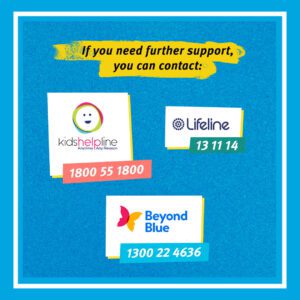
Reference List
- Vivyan, C, getselfhelp.co.uk, (2009)
- Adams, R, Santo, J and Bukowski, W, The presence of a best friend buffers the effects of negative experiences, (2011)
- Hartl, A, DeLay, D, Laursen, B, Denner, J, Werner, L, Campe, Shannon and Ortiz, Eloy, Dyadic instruction for middle school students: liking promotes learning (2016)
Last Updated: 22 February 2024


